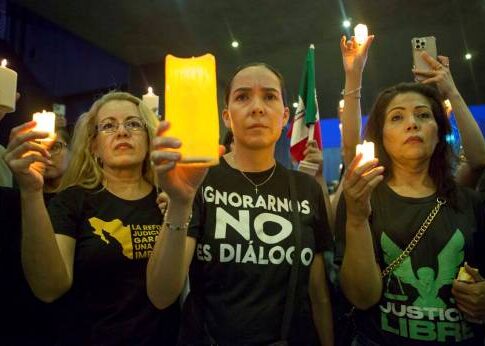The Mexican President Andres Manuel Lopez Obrador has signed a landmark judicial reform bill into law, paving the way for the country to become the first in the world to elect all its judges through popular vote.
This bold step aims to dismantle the entrenched corruption and elitism that has long plagued the judiciary, but it also sparks intense debate and trepidation about the potential consequences.
As Lopez Obrador heralded the signing as “a day of reckoning for a rotten judiciary,” he emphasized the need for a seismic shift in the country’s legal landscape.
“We must shatter the grip of an oligarchy that has held our justice system hostage,” he declared. “Only through the power of the people can we ensure that justice is served, and the rule of law is upheld.”
READ MORE: Chinese Ambassador Commits To Implementing China-Nigeria Agreements
However, critics caution that this radical reform may inadvertently open the floodgates to political interference, compromising the very fabric of judicial independence.
“This unprecedented approach may create a Pandora’s box, unleashing a maelstrom of political pressure and corruption,” warned Margaret Satterthwaite, UN Special Rapporteur on the independence of judges and lawyers.
As Mexico embarks on this uncharted territory, the international community watches with bated breath, weighing the potential benefits of this bold experiment against the risks to democratic institutions and the rule of law.
Will this reform usher in a new era of transparency and accountability, or will it succumb to the very ills it seeks to eradicate? Only time will tell.




